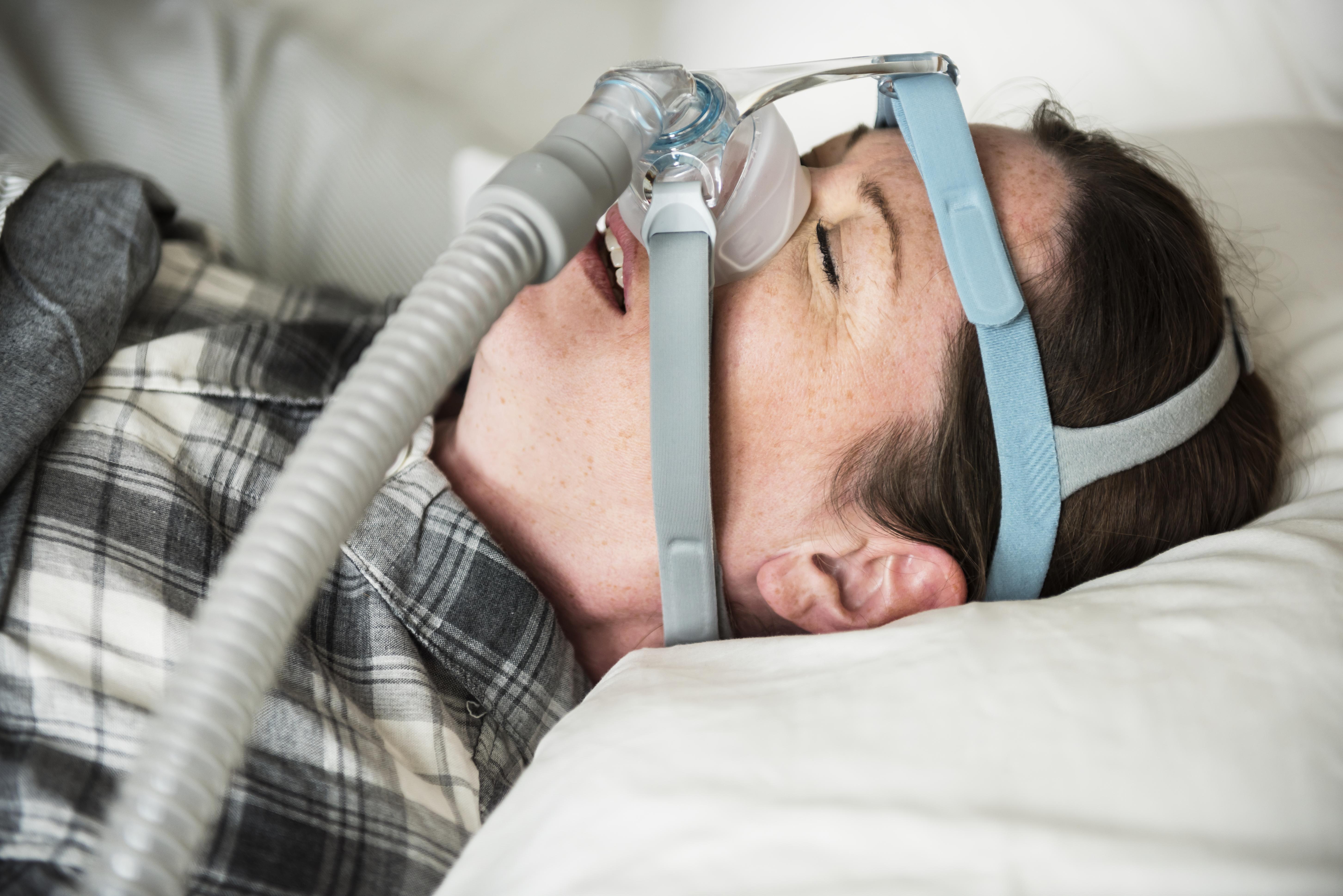10 Little-Known Stroke Triggers That Could Change Your Life in an Instant
Strokes, often perceived as sudden and unpredictable, are a formidable adversary in the realm of health crises. They strike with little warning, altering lives in mere moments. While the common causes such as hypertension and smoking are well-documented, there exists a myriad of lesser-known triggers that lurk in the shadows, waiting to upend the unsuspecting. This article delves into these hidden provocateurs, unveiling 10 little-known reasons that could trigger a stroke and change the course of a life. By understanding these silent saboteurs, individuals can better navigate their health landscape, potentially averting a life-altering event. Each section will dissect a unique trigger, exploring the underlying mechanisms, potential warning signs, and the broader implications on health. This comprehensive exploration aims to illuminate the obscure facets of stroke risk, empowering readers with knowledge that could be pivotal in safeguarding their well-being.
1. The Role of Sleep Apnea

Sleep apnea, a disorder characterized by interrupted breathing during sleep, is more than just a nocturnal nuisance. It has emerged as a significant stroke risk factor, often overlooked due to its insidious nature. During these breathing pauses, oxygen levels in the blood plummet, placing immense strain on the cardiovascular system. This stress can lead to hypertension, a known precursor to stroke. Moreover, the repeated awakenings associated with sleep apnea prevent restful sleep, leading to chronic fatigue and increased inflammation. Over time, these physiological stresses can damage blood vessels, increasing the likelihood of a stroke. Awareness and treatment of sleep apnea, through interventions like CPAP machines or lifestyle changes, can significantly reduce stroke risk. Recognizing the symptoms—such as loud snoring, daytime drowsiness, and morning headaches—is crucial for early intervention.
2. The Hidden Dangers of Atrial Fibrillation

Atrial fibrillation (AFib), a condition marked by an irregular and often rapid heart rate, is a potent stroke risk factor that frequently flies under the radar. AFib causes blood to pool in the heart's upper chambers, leading to clot formation. If a clot dislodges, it can travel to the brain, causing a stroke. The insidious nature of AFib lies in its subtlety; many individuals remain asymptomatic, unaware of the lurking danger. Regular heart health check-ups can aid in early detection. Once diagnosed, management strategies such as anticoagulants can reduce stroke risk significantly. Understanding AFib’s connection to stroke underscores the importance of cardiac health in stroke prevention.
